Vietnam CR Mark Certification
Vietnam CR Mark certification is a mandatory conformity assessment system confirming that regulated products comply with Vietnam’s national technical regulations before being imported or distributed. The mark demonstrates that the product conforms to specific QCVN regulations, which define essential safety and performance requirements. Oversight lies with the Directorate for Standards, […]
What is ISO/IEC 17025
ISO/IEC 17025 is the international standard that defines the general requirements for the competence of testing and calibration laboratories. It ensures that laboratories are technically competent and capable of producing accurate, reliable, and traceable results. The Purpose of ISO/IEC 17025 ISO 17025 was developed by the International Organization for Standardization […]
ISO 22000: Food Safety Management
ISO 22000 is an international standard that specifies the requirements for a food safety management system (FSMS). It provides a framework for organizations in the food chain to consistently identify, control, and minimize food safety hazards. This standard integrates principles of the HACCP (Hazard Analysis and Critical Control Points) system […]
SASO Certificate of Conformity
The SASO Certificate of Conformity is a mandatory document for regulated products shipped to the Kingdom of Saudi Arabia. It confirms that goods meet national technical regulations, safety requirements, and quality standards established by the Saudi Standards, Metrology and Quality Organization. Shipments without the appropriate conformity documents cannot pass Saudi […]
Better Cotton Initiative (BCI) Guide
The Better Cotton Initiative (BCI) is the world’s largest cotton sustainability program. Established in 2009, it was designed to transform the way cotton is grown and traded by making the production process more sustainable, efficient, and socially responsible. Cotton is one of the most widely used raw materials in the […]
China Compulsory Certificate CCC Guide
What is China CCC Certification China CCC Certification is a mandatory safety and quality compliance system for certain products sold, imported, or used commercially in China. Introduced in 2002 by the Certification and Accreditation Administration of the People’s Republic of China (CNCA), it consolidates previous safety approval systems into a […]
IEC Standards for Electrical Goods
The International Electrotechnical Commission (IEC) develops globally recognized standards that govern the design, testing, and safety of electrical goods. These standards provide a unified framework ensuring electrical products meet strict criteria for performance, safety, and interoperability. For manufacturers, regulators, and consumers alike, adherence to IEC standards is a foundational step […]
GOTS vs Oeko-Tex: Textile Certification Differences
Textile certification serve as third-party assurances that fabrics and garments meet specific environmental, social, or health-based criteria. As global awareness of sustainable fashion and responsible production grows, these certifications have become critical tools for buyers, manufacturers, and retailers alike. Two of the most widely recognized textile certifications in the textile […]
Understanding Power Bank Certification Standards
Power banks, also known as portable chargers, have become indispensable in today’s device-dependent environment. As with any lithium-powered product, they pose potential risks if not properly designed, manufactured, or tested. This makes certification standards essential, not just for compliance, but for ensuring the safety, performance, and marketability of these products […]
Global Organic Textile Standard (GOTS)
The Global Organic Textile Standard (GOTS) is the leading internationally recognized certification for organic fibers in the textile industry. It sets comprehensive and verifiable criteria to ensure that textiles labeled as “organic” meet strict environmental and social responsibility benchmarks from farm to finished product. Developed through collaboration among international stakeholder […]


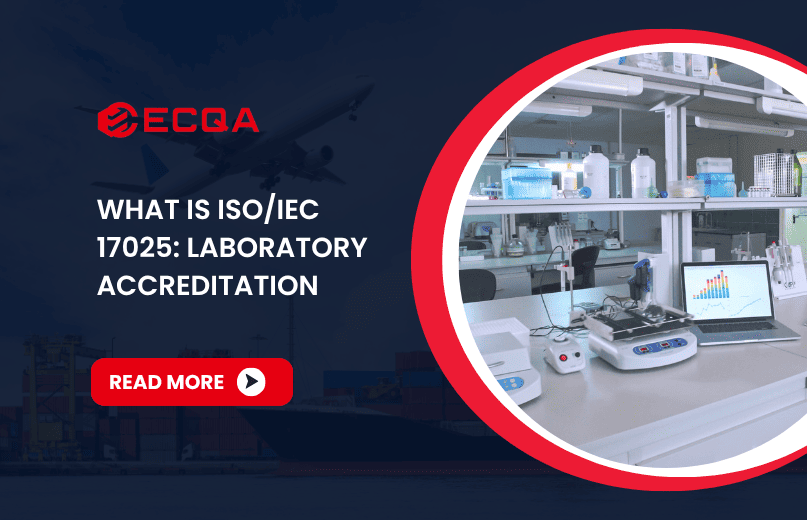
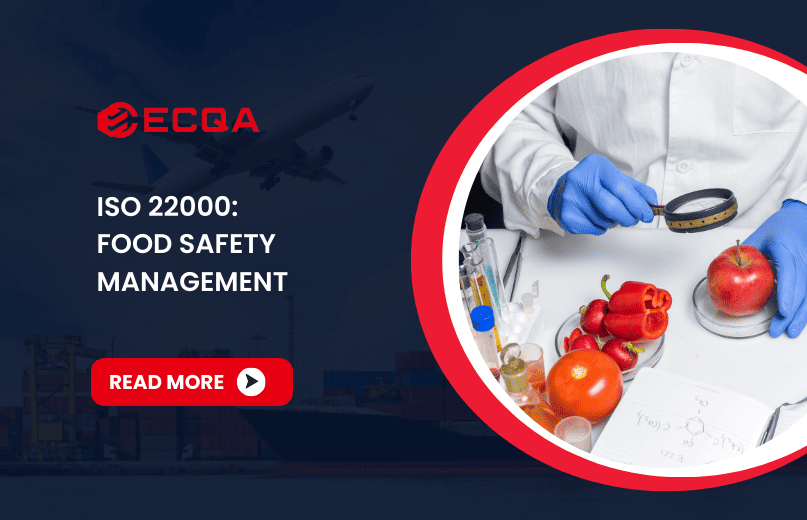

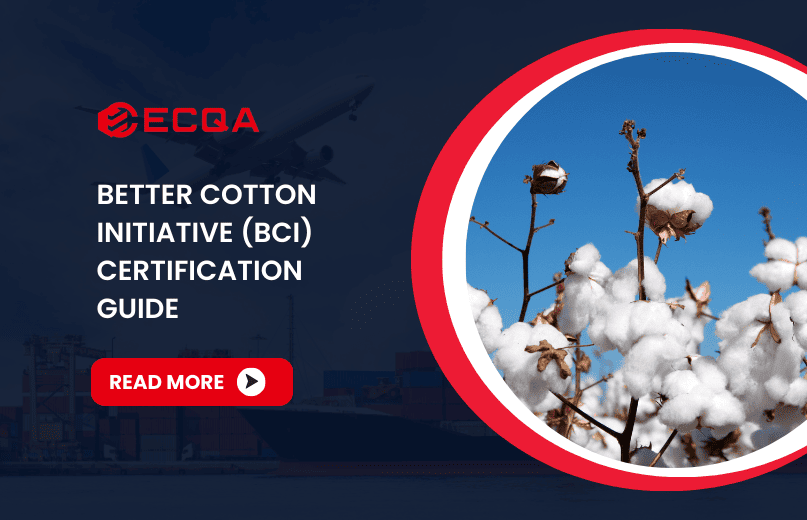
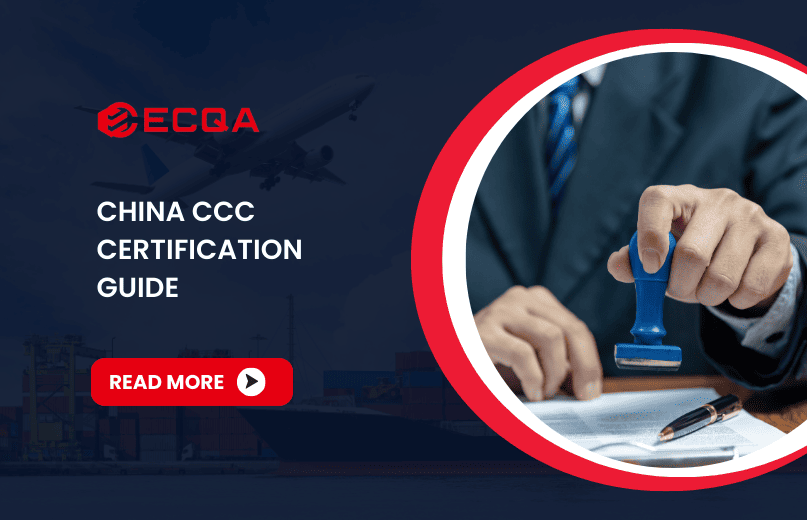
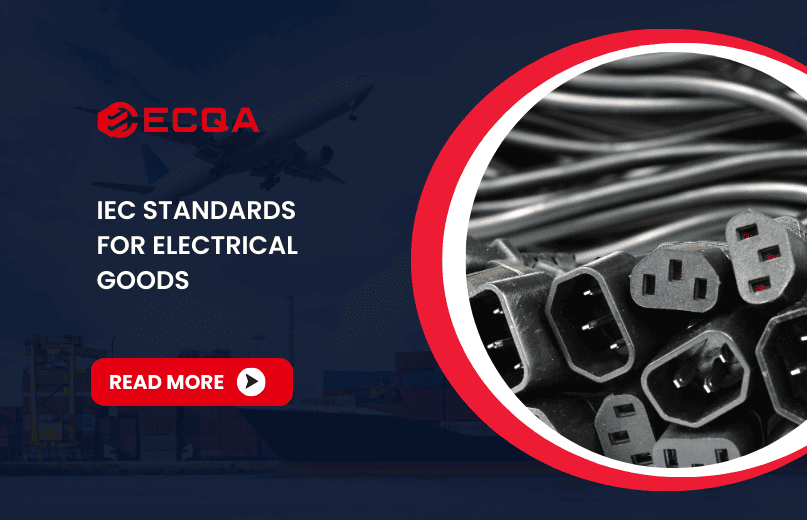

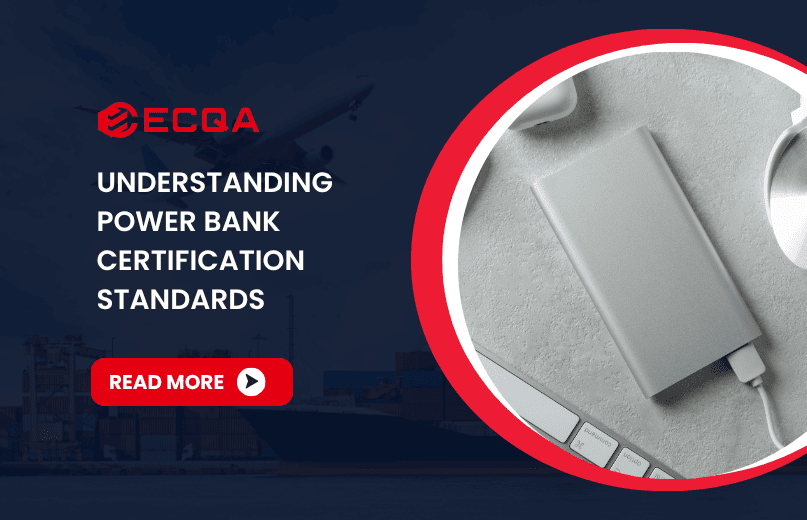

 Request Free Sample Report
Request Free Sample Report